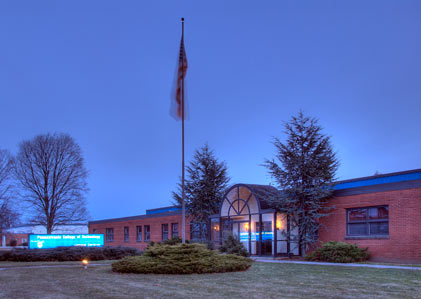Meet the Expert: Jason Killinger, MS

Jason Killinger is an associate professor of HVAC technology and the department head at the Pennsylvania College of Technology. He earned his BS in HVAC design technology from the Pennsylvania College of Technology and his MS in Education from Wilkes University. He has over 25 years of industry experience.
Killinger is a chief examiner for ARI’s/AHRI’s Technician Certification Exam and Industry Competency Exam.
HVACClasses.org: What’s a class related to HVAC that you wish you took, but didn’t?
Killinger: I wish I’d taken a business course, like “Principles of Marketing or Management.” This course would have helped me to navigate the competitive landscape, develop growth strategies, and manage the business operations of an HVAC company. It would have benefited me with different types of market analysis and financial management, providing a more comprehensive overview of how to run and grow a business in this area effectively.
HVACClasses.org: What’s a class that might seem unrelated to HVAC but would’ve helped you in your HVAC career?
Killinger: A psychology class is not related to HVAC, but it could have been beneficial. Understanding human behavior could have helped me deal with clients, understand their needs, and handle conflicts or concerns. It would have helped me explain complex HVAC issues in simple terms or negotiate solutions—valuable for building trust and ensuring customer satisfaction.
HVACClasses.org: If you could add or invent a new course for an HVAC curriculum in order to better prepare students for the future of HVAC, what would that class include?
Killinger: If I could add or invent a new course for an HVAC curriculum, it would be titled “Business Management for HVAC.” The course would be designed to help with understanding the essential business practices needed in this rapidly evolving industry. The course would help in drafting comprehensive business plans and growth strategies, including digital marketing and financial management that are being used to attract new customers and build awareness of new technologies.
Additionally, it would evaluate sales strategies to show successful HVAC business models and what sets them apart. This course could lead in a multitude of ways, but would provide the knowledge necessary to establish and develop a successful HVAC business in this technology-driven industry.




